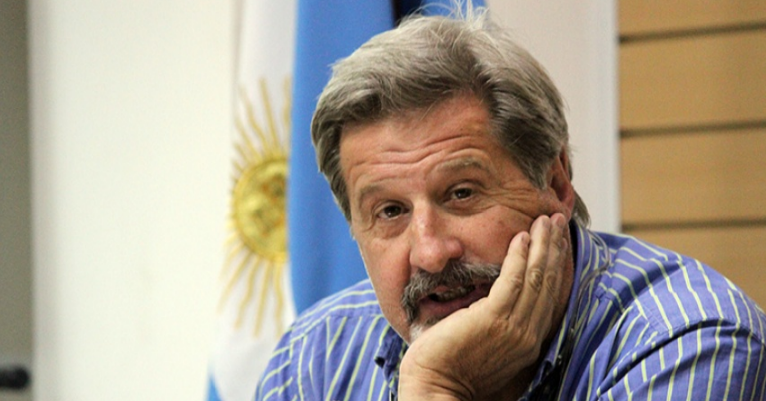Emilia Elisabeth Raimondo is an Argentine chemical engineer recognized for her contributions to the field of nutrition and the food industry. She holds a PhD in Food Science and works both as a researcher and as a university professor.
The Argentine researcher is affiliated with various academic institutions based in Mendoza, Argentina. She carries out several studies related to the field of nutrition.
Raimondo and the universities of Mendoza
Raimondo is also a specialist in university teaching. She serves both as a professor and as a researcher at two institutions in Mendoza: the Faculty of Agricultural Sciences at the National University of Cuyo and the Faculty of Nutrition Sciences.
She is the director of the Laboratory for Research in Applied Nutrition (LINA).
This laboratory aims to generate and share knowledge related to food products and their link to disease.
The lab focuses on teaching techniques related to dietetics and therapeutic diets—methods connected to the preparation and cooking of food.
Raimondo’s projects
Within the framework of the Laboratory for Research in Applied Nutrition, Raimondo leads the project “Development of food ingredients from ancestral Ibero-American crops” (CYTED).
The project’s main goal is to develop ingredients based on ancestral crops from the Ibero-American region.
Using these crops, the project seeks to create validated foods that help prevent or treat diseases associated with metabolic syndrome.
In addition, in collaboration with the Juan Agustín Maza University, Raimondo also directs the project “Nutritional Status of the Vegetarian Population in Greater Mendoza.”
This project focuses on the vegetarian and vegan population and their nutritional health.
It also aims to develop nutritionally balanced foods and to analyze critical nutrients such as calcium, among others.
Raimondo also leads a third project titled “Bioactive substances and nutrients in plant-based foods cultivated in Mendoza based on applied conservation processes.”
This research is centered on analyzing bioactive substances in plant-based foods and their nutritional content.
In relation to health and physical condition, the project proposes associating nutritional attributes with these substances, promoting the use of chemical compounds to add functional value to foods.
Food science
Food science analyzes food quality, whether based on physical, microbiological, or chemical characteristics.
Within this field, nutrition is defined as the study of nutrients in food and how they interact with the body once consumed.
In addition to directing various projects in nutrition and food sciences, Raimondo is also an active contributor to scientific publications.
Nutrition is closely linked to the medical field, especially to health, since the body uses the nutrients it receives for energy.
Among the key reasons behind the relevance of nutrition is its role in addressing and preventing risk factors. Overweight, obesity, and other issues are examples of how nutrition and health are connected.
Raimondo conducts research that explores the interconnection between nutrient intake and overall health.
Among her research topics, she has studied street food consumption and antioxidants.
She also examines nutritional labeling and the lack of understanding surrounding it, eating habits and how they influence public well-being, dietary styles, and health risk factors.
Raimondo is one of the researchers in Argentina dedicated to studies in this field, such as nutrition. She contributes to the national academic landscape as a professor, researcher, and project director.
Her work focuses on the use of plant-based raw materials and their connection to the development of healthy foods.
With a focus on bioactive compounds and food production, Raimondo stands out as one of the key Argentine researchers advancing food science in the country.
Whether exploring health risks related to food, the significance of dietary habits, or the relationship between physical condition and nutrient intake, this Argentine engineer has devoted her professional career to investigating these interconnected areas.




